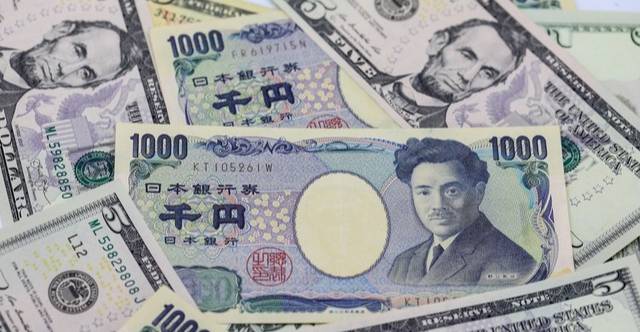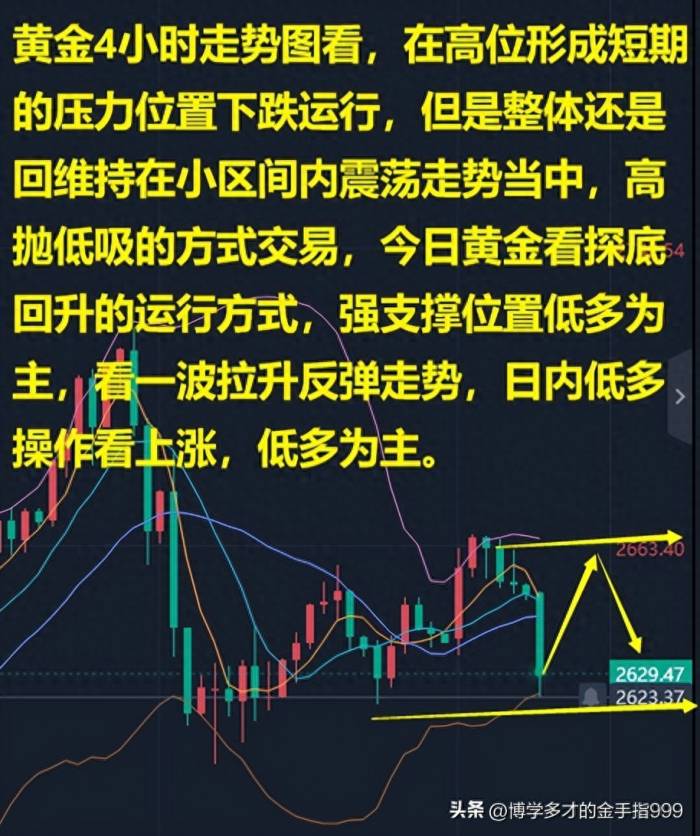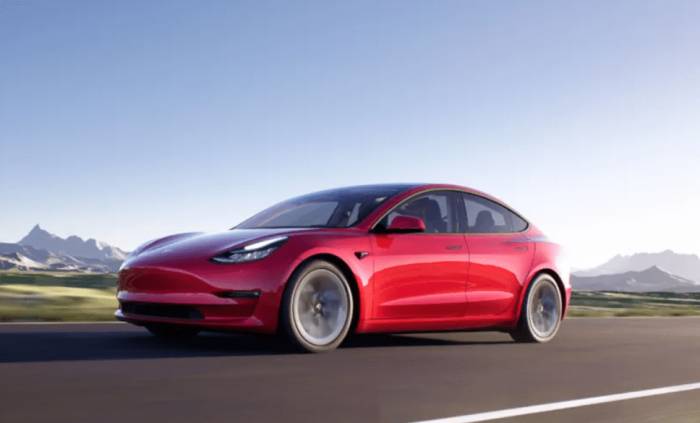The global financial landscape is experiencing seismic shifts, driven primarily by U.S. monetary policies and trade negotiations. Contrary to expectations, the period following the transition of power in the U.S. has proved anything but tranquil. The aggressive posturing towards China and North American neighbors—Canada and Mexico—regarding tariffs has sparked turbulent reactions in currency markets worldwide.
Recent fluctuations indicate a concerning trend, with the Chinese yuan momentarily breaching the crucial 7.27 mark against the dollar, while the Mexican peso fell almost 2.7%, reaching a two-year low. The Russian ruble, too, has seen staggering declines, plummeting nearly 8.5% at one point—culminating in a total drop of over 12% during this crisis moment. All signs suggest that another financial crisis may be on the horizon, possibly perpetrated by U.S. maneuvers seeking to reshape global economic dynamics.
Historically, the U.S. has wielded the dollar's strength as a weapon to impose financial discipline across the globe, where the Federal Reserve played a leading role. Currently, however, the narrative has shifted. The Fed appears to be a minor player in a larger game, as U.S. actions threaten to destabilize various economies and markets.
Recently, as the Fed's stance shifted towards easing interest rates, it may have seemed that relief was on the way for many nations. Against this backdrop, the dollar index has surprisingly surged, even surpassing the 107 threshold. This movement was unexpected considering the prevailing sentiment of impending rate cuts. Nevertheless, the dollar's rally has raised eyebrows.
With the anticipation of lower interest rates, many currencies, including the resilient yuan, appeared to be navigating through the storm. It was a shock when the yuan depreciated from around 6.9 to approximately 7.25, dropping even below the critical 7.27 mark after tariff threats surfaced. The shockwaves didn’t spare the Mexican peso either, which has endured significant turmoil due to the intersection of tariffs and exchange rate adjustments. In the span of the past two years of rising U.S. interest rates, the peso had managed to hold firm, but recent developments have clearly caught many off guard.
The crucial question arises: Are these movements by the U.S. deliberate? Amid rumors of necessary interest rate cuts, there remains a critical concern regarding the implications such changes would have on the dollar's strength. A significant drop in the dollar index might signal rising import costs and an uptick in inflation within the U.S., which is contrary to the economic stability the Fed aims to cultivate.
The fluctuation of the dollar and its index serves as a barometer for U.S. influence over global economics. An environment where the dollar weakens may lead to a swift withdrawal of global capital from American markets. Hence, it seems that the Fed's tightening stance has been replaced by a more aggressive approach involving tariffs and currency manipulation, potentially engineered to bolster the strength of the dollar amidst rising global uncertainty.
The dollar’s unpredicted dominance can be observed as we witness not only the yuan and peso’s struggles but also the ruble enduring a notable fall of nearly 8.5%, in a shocking display of currency instability that yields dire benchmarks as the conflict involving Russia and Ukraine unfolds. One might expect that as peace talks progress, the lifting of sanctions would provide a boon to the ruble. Instead, the currency faces steep declines.
These movements signal a potential shift in tactics. While previous strategies utilized Federal Reserve interest hikes as a tool to extract liquidity from the global market, the approach appears to transform toward enforcing sanctions and exerting pressure on other nations. The implications of such a strategy could elevate U.S. economic interests while suggesting that the actions of the Fed, though accommodative in nature, don’t necessarily spell the end of aggressive tactics employed by the U.S.
Is a new wave of financial crisis imminent? Historically, raises in interest rates do not initiate crises; it is instead the lowering of rates that often indicates a forthcoming financial storm. Lower rates may either trigger a harvest-worthy scenario for American interests or forewarn of domestic crises. The trend points towards the likelihood that the U.S. is keen on displacing crises abroad, a theory supported by recent geopolitical maneuvers.
Adding fuel to this economic fire are the consistent actions the U.S. has taken to stoke hostilities and instability. The backdrop of a strong dollar creates an environment where international capital is increasingly drawn to the perceived safety of U.S. markets, causing distress in multiple financial systems worldwide.
Recent events underscore the aggressive posture the U.S. has adopted—whether through sanctions or pushing tariff increases—even impacting allied nations. Simultaneously, the trajectory of the dollar index continues to rise, suggesting a pattern where instability leads to increased valuation of the U.S. currency as investors seek refuge amidst uncertainty.
As we analyze the downward spiral of the peso and ruble, there lies a clear indication that the U.S. is orchestrating a climate of confusion to solidify its economic hegemony. Given the perception of China as America's foremost challenger, one can expect persistent attempts to disrupt the region’s stability.
This impending reality compels us to remain vigilant. The specter of new sanctions looms large as the U.S. gears up to unveil additional measures against perceived adversaries. In facing such prospects, preparedness is imperative; a well-informed strategy is requisite in navigating the evolving global economic terrain, ensuring that understanding one's adversary is inevitable to remain resilient in this “ever-changing” financial world.





























